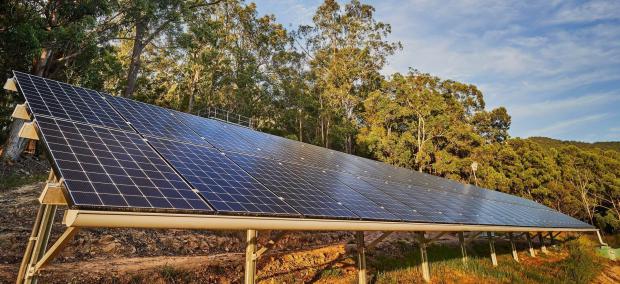
Breaking News
 Closing in on How Charlie Kirk Was Assassinated
Closing in on How Charlie Kirk Was Assassinated
 Here's a little song I just wrote. Dedicated to Al Gore.
Here's a little song I just wrote. Dedicated to Al Gore.
 Judge Blocks Executive Order Tightening Voter-registration Requirements
Judge Blocks Executive Order Tightening Voter-registration Requirements
 ALEX JONES' EXCLUSIVE EPSTEIN DOJ MEGA DOCUMENT DUMP ANALYSIS:
ALEX JONES' EXCLUSIVE EPSTEIN DOJ MEGA DOCUMENT DUMP ANALYSIS:
Top Tech News
 Critical Linux Warning: 800,000 Devices Are EXPOSED
Critical Linux Warning: 800,000 Devices Are EXPOSED
 'Brave New World': IVF Company's Eugenics Tool Lets Couples Pick 'Best' Baby, Di
'Brave New World': IVF Company's Eugenics Tool Lets Couples Pick 'Best' Baby, Di
 The smartphone just fired a warning shot at the camera industry.
The smartphone just fired a warning shot at the camera industry.
 A revolutionary breakthrough in dental science is changing how we fight tooth decay
A revolutionary breakthrough in dental science is changing how we fight tooth decay
 Docan Energy "Panda": 32kWh for $2,530!
Docan Energy "Panda": 32kWh for $2,530!
 Rugged phone with multi-day battery life doubles as a 1080p projector
Rugged phone with multi-day battery life doubles as a 1080p projector
 4 Sisters Invent Electric Tractor with Mom and Dad and it's Selling in 5 Countries
4 Sisters Invent Electric Tractor with Mom and Dad and it's Selling in 5 Countries
 Lab–grown LIFE takes a major step forward – as scientists use AI to create a virus never seen be
Lab–grown LIFE takes a major step forward – as scientists use AI to create a virus never seen be
 New Electric 'Donut Motor' Makes 856 HP but Weighs Just 88 Pounds
New Electric 'Donut Motor' Makes 856 HP but Weighs Just 88 Pounds
 Donut Lab Says It Cracked Solid-State Batteries. Experts Have Questions.
Donut Lab Says It Cracked Solid-State Batteries. Experts Have Questions.
Can Solar Alone Get You Off The Grid?

The answer to this question is "yes," but keep reading if you want more details.
Using solar to go off grid is a fantastic way to go. You'll need to keep the following in mind throughout the process:
1. Cloudy days are fine. Let's first dispel the myth that you need every day to be sunny to go solar. Solar panels do, in fact, work in foggy or overcast days with ambient light and will produce significant power in those times as well. As a matter of fact, solar panels can work just as well in cool weather as in hot weather.
As an example: Solar panels in Sacramento, California, only produce one percent more electricity than do the exact same panels in San Francisco, California. Sacramento is known for its hot sunny days while San Francisco is known for its foggy, overcast, cooler climate.
2. Monitor your electricity usage. The average American home uses 911 KWHs of electricity each month. Some states are higher and some lower. But, 911 is the average. Louisiana is the highest with 1,291 KWHs and Hawaii the lowest with 506 KWHs of electrical energy usage average per household.
We all use more electricity than we need, so consider cutting back. But there are solar system calculators that you can use to ensure you're getting enough power. Having a little more than you need is far better than not having enough.
3. Off the grid or grid-tied? Many don't fully understand how grid-connect systems work. With a grid-connect system, you don't have power storage batteries. You generate power, use what you need and deliver the rest to the grid.



